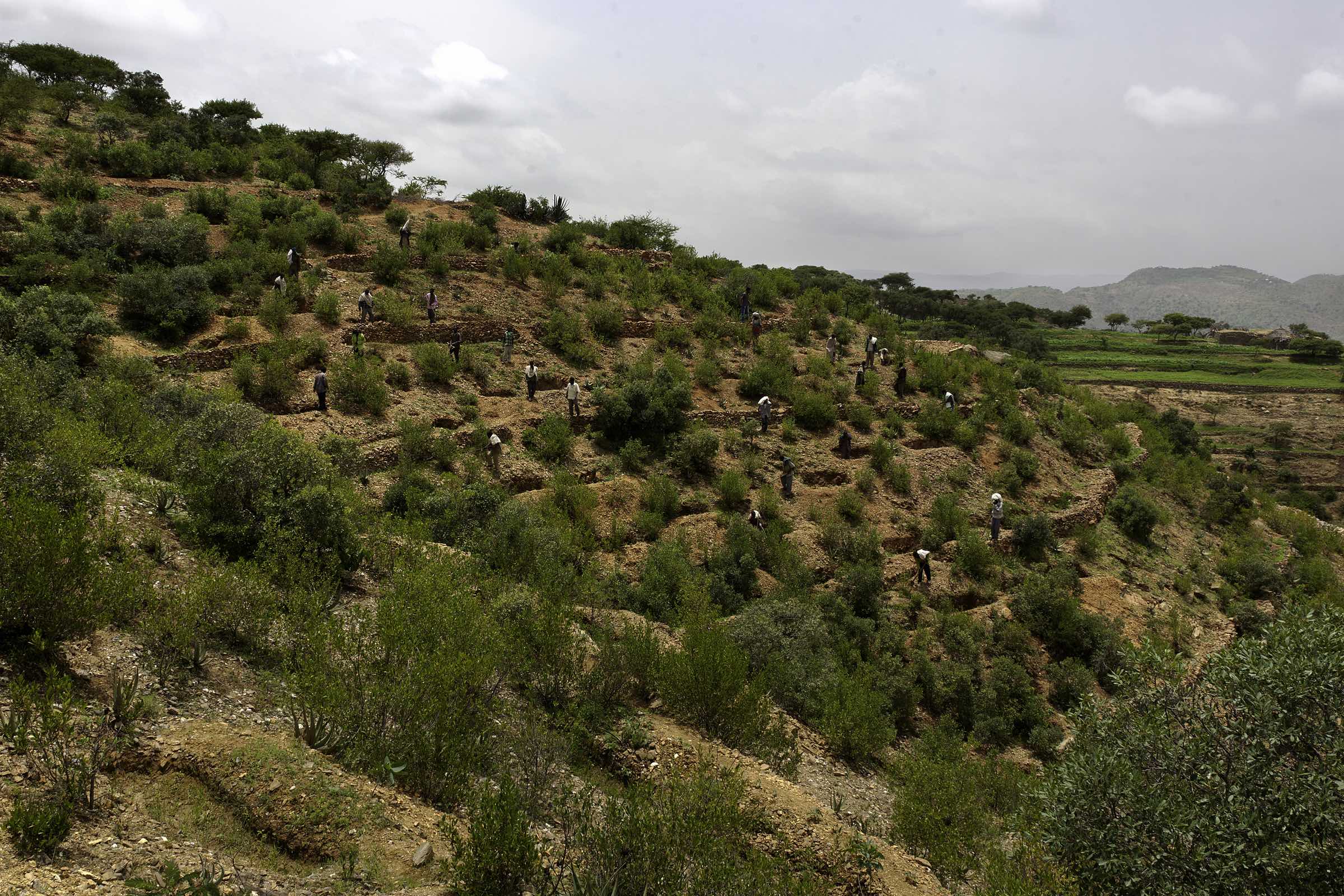
The Government of Ghana is set to implement a number of measures aimed at increasing domestic resources to finance national developmental efforts, Deputy Minister for Finance Kwaku Kwarteng announced recently.
Inaugurating the nine-member board of the Ghana Revenue Authority (GRA), the Deputy Minister explained that the introduction of these measures was necessary to increase domestic resources in the country’s resource mix.
This is to help minimize the effect of lost external support occasioned by the country’s new status as a Lower Middle Income Country (MIC).
“Government is committed to increasing domestic revenue mobilization and aims to undertake the following measures: Continue tax administration reforms; improve Transfer Pricing Audits; Introduce Electronic Point of Sale Devices to curb tax evasion, and improve revenue collection under the VAT system; Improve tax compliance through data matching; Institute measures to broaden the tax base and Commence full implementation of excise tax stamp Act 2013 (Act 873) to boost revenue collection and curtail under-invoicing and smuggling,” the Deputy Minister stated.
Kwarteng added that the government would also take steps to control tax exemptions and concessions as well as conduct structured post-clearance audit.
“Domestic revenue mobilization is the key anchor of government’s fiscal policy. Tax revenue has therefore increasingly become important for sustaining investments in health, education, infrastructure and other key sectors,” he added.
A member of the new board, Major Daniel Sowa Ablorh-Quarcoo, was confident that revenue mobilization would be enhanced greatly because government would be relying on productive taxing.
“As the minister said, the government is going to rely more on progressive taxes than indirect taxes; progressive taxes being taxes that depend on income and productivity. So that is the area where we expect the GRA to mobilize with all the laws that are available to it,” Ablorh-Quarcoo told Xinhua in an interview.
Source: News Ghana


